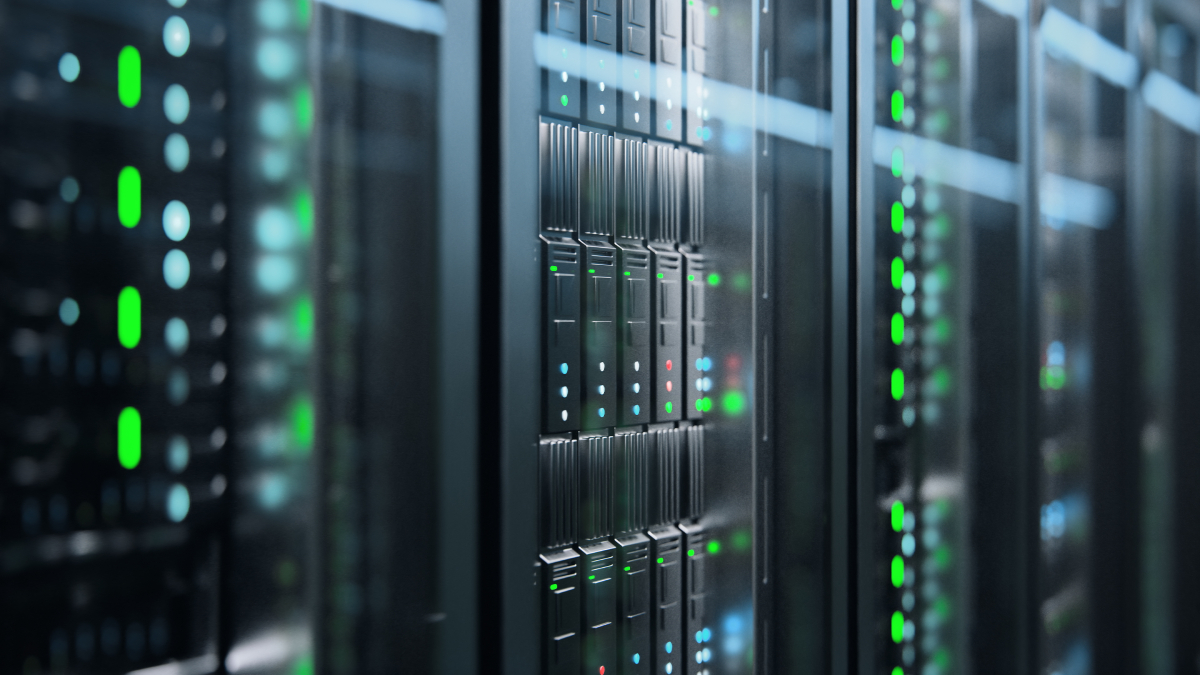The US Department of Defense announced the sale of around 200 million IPv4 addresses in multiple large and medium blocks. According to Vincentas Grinius, CEO of Heficed, the IP address infrastructure service provider, the new addresses would decrease the current IPv4 pricing, but would not solve the IPv4 shortage for certain market players.
How would this Department of Defense sale affect the IP address market in the upcoming years?
Potential buyers – do small companies stand a chance?
New release of IPv4 addresses will be sold in big and medium-sized blocks, and since the Department of Defense has a deadline, they are focusing on large buyers. Large companies such as Amazon, Microsoft, or Google are always looking to grow their IP address databases, which would make them potential buyers.
“The biggest incumbents in the market are always looking to buy more IP addresses. As the number of IPv4 addresses is facing depletion, and we are slowly transitioning to IPv6, corporations are more eager to collect as many IPv4s as possible. At the same time, released addresses are contained in large bulks, which doesn’t give many chances for smaller buyers and brokers to obtain their fair share. Therefore, I believe that we will end up with a few major corporations acquiring everything,” noted Grinius.
Do more addresses mean lower prices?
With new releases entering the market, companies are promised to see lower IPv4 prices. However, if only a few major buyers acquire it, the market might not face significant price changes.
“Due to IPv4 address exhaustion, prices have been rising for a while now. As the average price in 2015 was around $6, in 2018, the price for a single IPv4 address reached $17, and it’s predicted that this number will only grow and double in upcoming years. It’s possible that the Department of Defense bill could bring positive changes and lower IPv4 prices, yet if these addresses are shared only among a few big corporations, we probably wouldn’t even notice it,” Grinius added.
Risks of IP address abuse
Many IP addresses are linked to spamming, hacking, and similar vicious activities. Companies create blacklists to contain abuse, but the more addresses enter the internet, the more difficult it gets. Grinius believes that potential buyers – large corporations could help solve the issue.
“Although every address holder can abuse their usage rights, it becomes more challenging to control it with the surge of new addresses. However, if only large and well-known corporations obtain new IPv4 addresses, the chances of IP address abuse can be monitored easier,” he commented.
The new IPv4 release might shake up the market. However, it possesses both positive and negative outcomes. New IPv4 addresses postpone the transition to IPv6 and give us more time to prepare. Yet with more affordable and accessible options, the chances of IP address abuse might increase. And if large incumbents acquire most of the blocks, we might not see significant changes.




